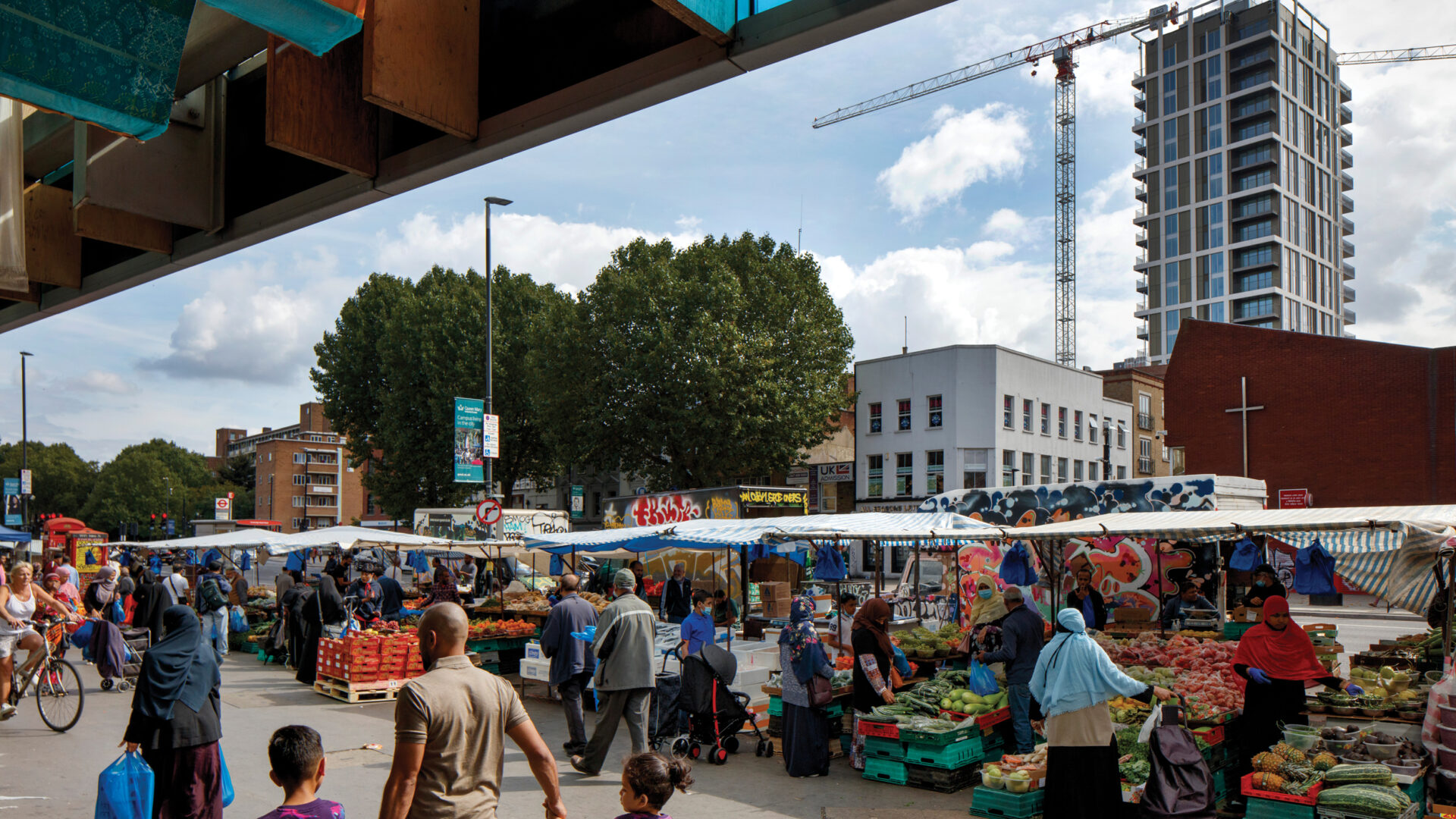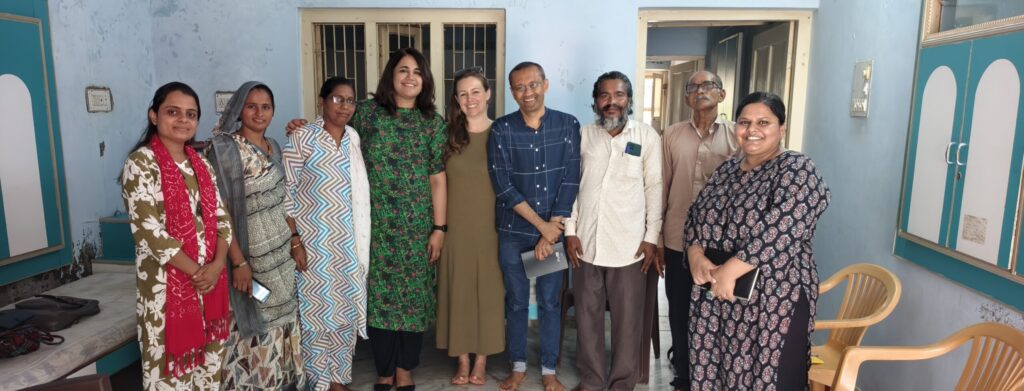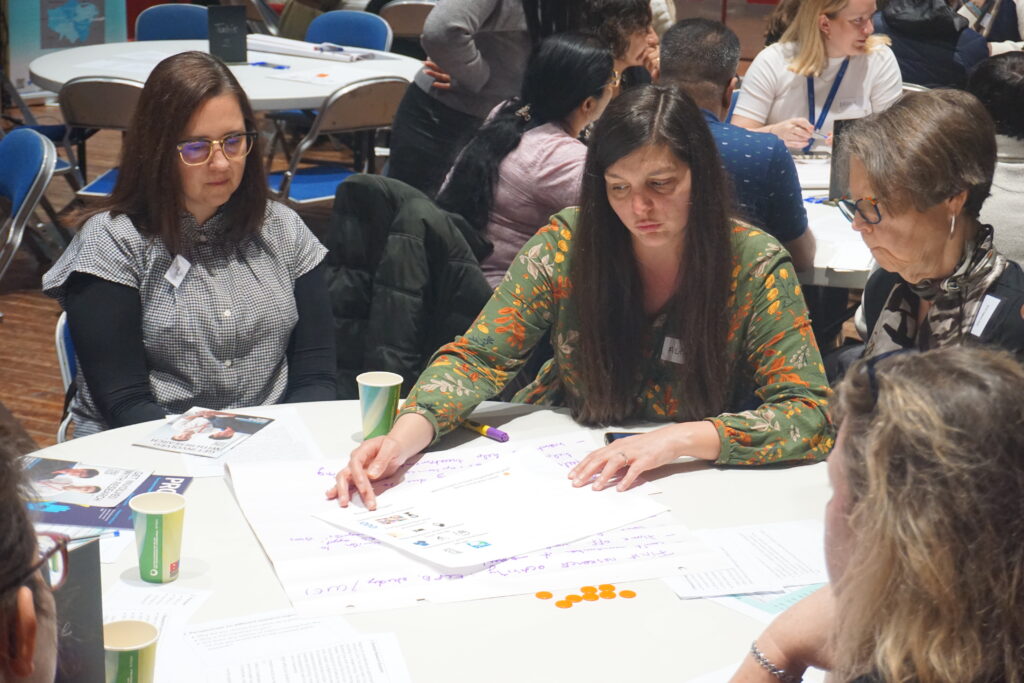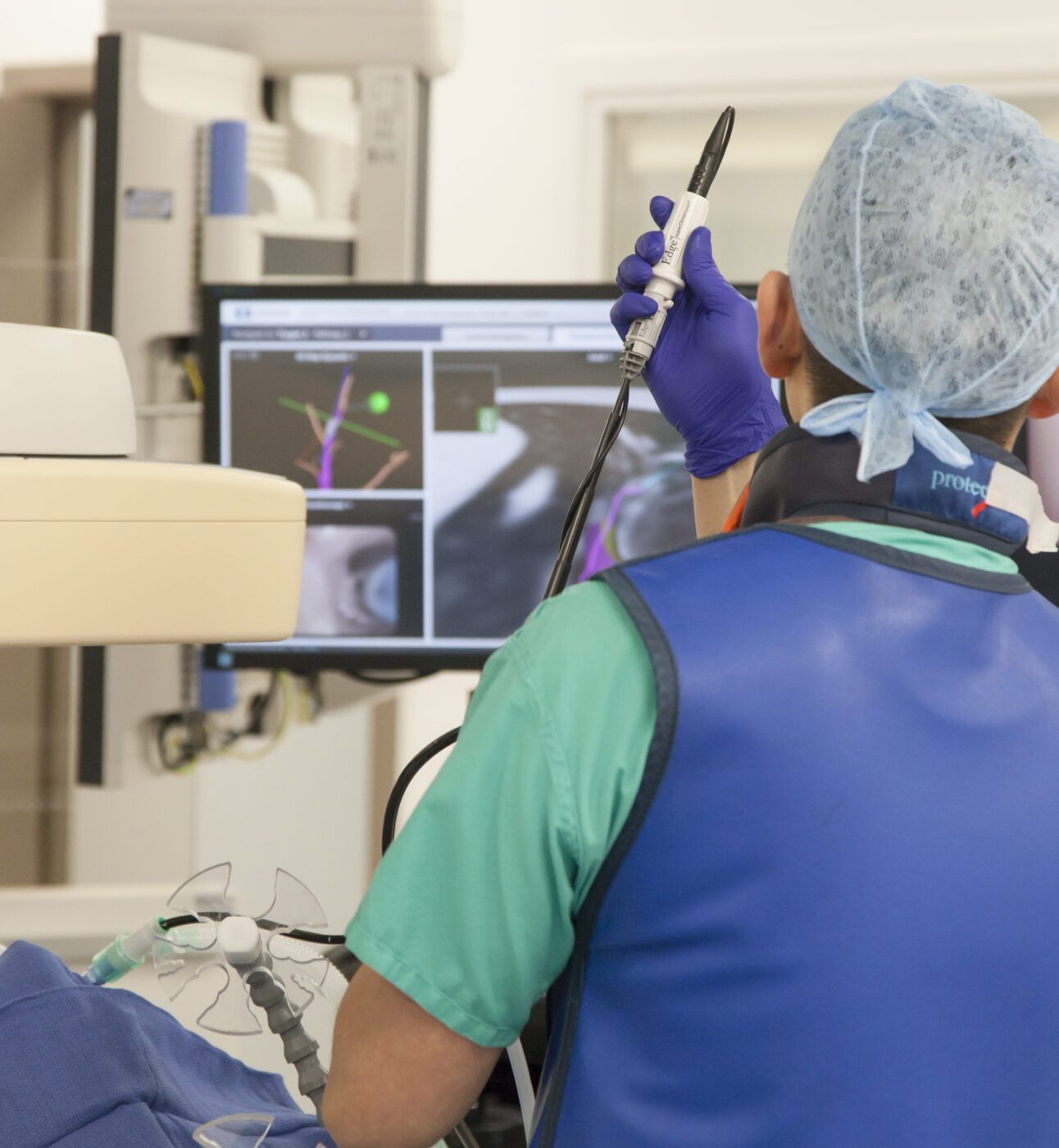From Friday 18 July until Sunday 17 August, it’s South Asian Heritage Month. This celebrates the culture and heritage of people with roots in South Asian countries.
East London has a thriving South Asian community. 32.6% of the population of East London are Asian – and within this group, the Bangladeshi community make up a significant part of the Tower Hamlets population (34.7% according to a Trust for London report).
We support several projects that aim to improve health for South Asian communities.
Researching rare disease prevalence and genetic links in South Asian communities
A new study will investigate the prevalence of rare diseases within British-Pakistani and British-Bangladeshi populations.
Rare diseases often have genetic origins. Yet current genetic data largely overlooks individuals of South Asian heritage. This study by researchers at Queen Mary University of London, supported with a grant of £528,300, will analyse data from South Asian volunteers from East London, Bradford, and Manchester from the Genes and Health study (currently about 67,000 with a target of 100,000 participants). This analysis will give crucial insights into rare disease rates and genetic links in South Asian communities.
The findings from this project have the potential to improve health equity by guiding public health initiatives, genetic diagnosis and patient care tailored to South Asian communities. Given that rare diseases are expected to be found in up to one in 17 people worldwide, this may translate into an estimate of 2,000 to 4,000 rare disease patients of South Asian heritage among the study’s participants alone that could benefit directly from this research. Findings could also have an impact on health outcomes for the South Asian community across the globe.
Piloting a new community project to improve mental health in Newham
Atmiyata East London is a new community project to support mental health in Newham, which is based on learnings from a programme that was developed and tested in India. It involves training and mentoring community members as community champions – who then work with existing networks to bring mental health care out of the hospital and into the community. It’s been listed as an example of good practice in community outreach and mental health services by the World Health Organization.
This approach draws on the strength of existing networks in communities and will help to facilitate referrals for those who need professional support, particularly those who face barriers to accessing health care. This project will benefit all in the local community and is aimed at reducing health inequalities in Newham – and is a great example of learning from health projects in South Asia.
“Atmiyata is an inspiring initiative that demonstrates the power of community-led solutions in addressing health challenges. It is one of our strategic goals to explore ways that health issues can be treated beyond the walls of the hospital. This work is a fantastic example of that and demonstrates our commitment to investing in innovative, inclusive approaches.”
Victoria King, Director of Funding & Impact
“For too long, international collaborations in global mental health have overlooked the insights to be learned from innovations in India and other countries in the global south. The Atmiyata programme in India showed that mental health support can be provided accessibly, affordably, and equitably when it is delivered by community members who understand the context of people’s distress. Evaluations in India have shown that those who received the Atmiyata intervention are three times more likely to show a sustained reduction in symptoms of depression and anxiety compared to those who don’t.”
Dr Tessa Roberts, Principal Investigator of Atmiyata East London
New research shows some Parkinson’s symptoms more severe in South Asian patients
A new study from researchers at the Centre for Preventive Neurology looked at the clinical features of Parkinson’s disease in ethnically diverse populations. It found that:
- Parkinson’s motor symptoms were more severe in South Asian patients
- South Asian patients had more severe cognitive symptoms (memory and thinking difficulties) compared to white patients
The study shows that Parkinson’s disease impacts these groups differently, highlighting the importance of representative research and the need for culturally tailored clinical pathways for people from South Asian background.
Study reveals South Asian women tend to develop breast cancer earlier
A new study found that women of South Asian genetic ancestry are diagnosed with breast cancer nearly seven years earlier and die around 13 years younger than women of European ancestry.
Currently, people of European ancestry account for nearly 80% of participants in genetic studies, despite representing only 16% of the global population. This imbalance means that most of our knowledge about risk, prevention, and treatment is based predominantly on European populations.
The researchers suggest that current NHS screening guidelines, which recommend breast screening for all women from age 50, may start too late for women from South Asian backgrounds. They also suggest this should be reviewed based on ancestry.
“Our study is among the largest of its kind in these populations, but we need even larger cohorts to validate and fully understand the genetic and clinical factors affecting breast cancer across diverse populations. We hope our results will serve to guide further research. Funders and scientists need to work together and rethink how we design cancer research studies and clinical trials to represent a balance of ethnicities and ensure that no group is left behind.”
Professor Claude Chelala, Professor of Bioinformatics at Barts Cancer Institute
Uncovering clues about why British South Asians may develop type 2 diabetes
Researchers at Queen Mary uncovered why some British South Asian people may develop type 2 diabetes at an earlier stage than people from European backgrounds, despite having a normal body mass index (BMI).
They examined the health data of over 60,000 British-Bangladeshi and British-Pakistani participants. From this, they discovered genetic factors contributing to lower insulin levels and unhealthy fat distribution, which increase the likelihood of developing type 2 diabetes. These genetic patterns were also associated with a higher risk of gestational diabetes during pregnancy that could later evolve into type 2 diabetes.
They found one high-risk group developed type 2 diabetes eight years earlier. This was despite having a BMI within a normal range. They were more likely to need insulin treatment and were at higher risk of complications such as eye and kidney disease.
Researchers find common heart disease medication may not work for some South Asian people
Research led by Dr Emma Magavern found that many British people with Bangladeshi and Pakistani heritage may not fully benefit from heart disease drug clopidogrel. This is due to a gene variant.
People of South Asian ancestry have high rates of cardiovascular disease, and East London has some of the highest rates in the capital.
“This study highlights the importance of using genetics to determine who can benefit from clopidogrel after a heart attack, and how not doing so is likely to disproportionately disadvantage particular ancestry groups, such as South Asians.”
Dr Emma Magavern, NIHR Clinical Academic Lecturer at Queen Mary University of London







